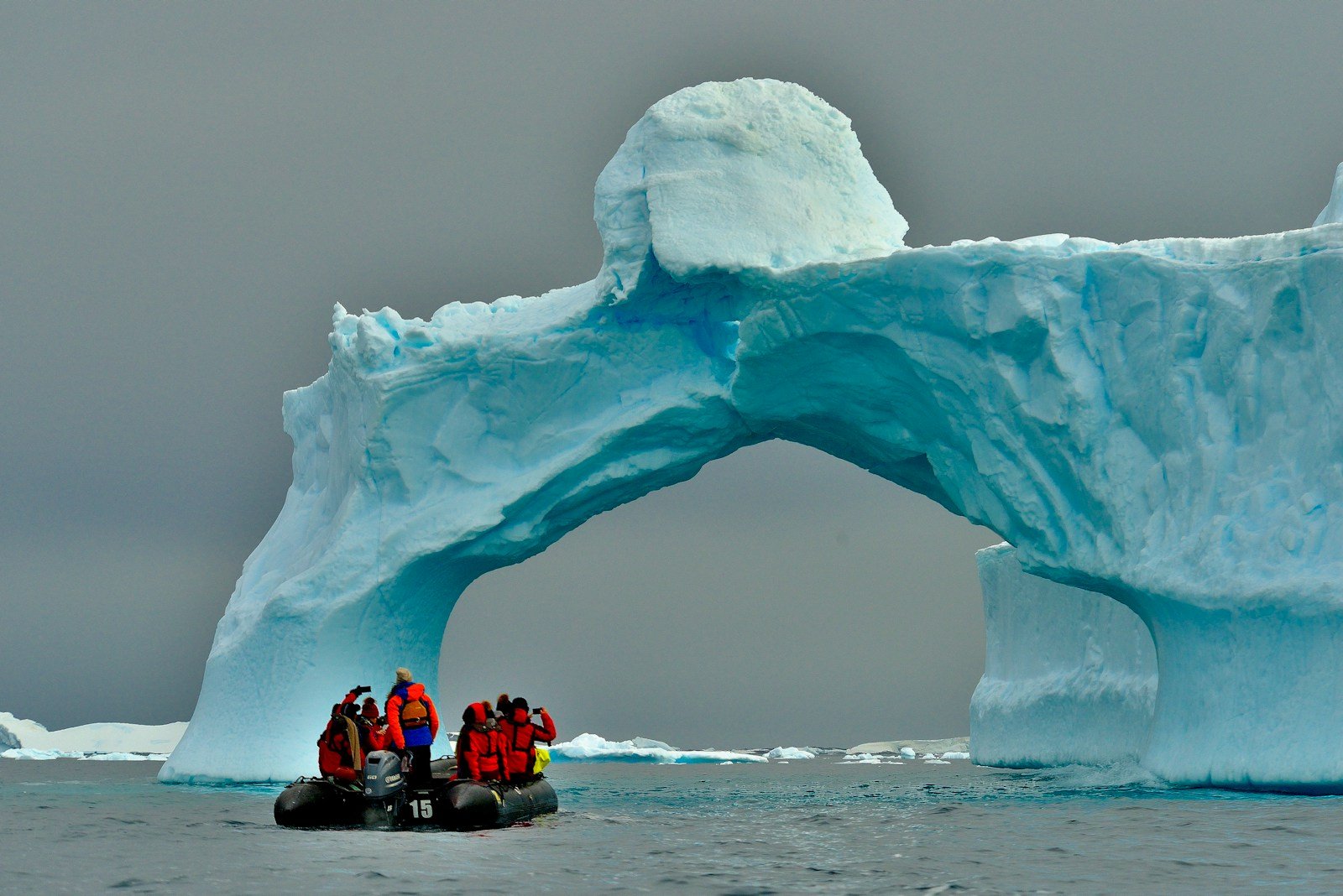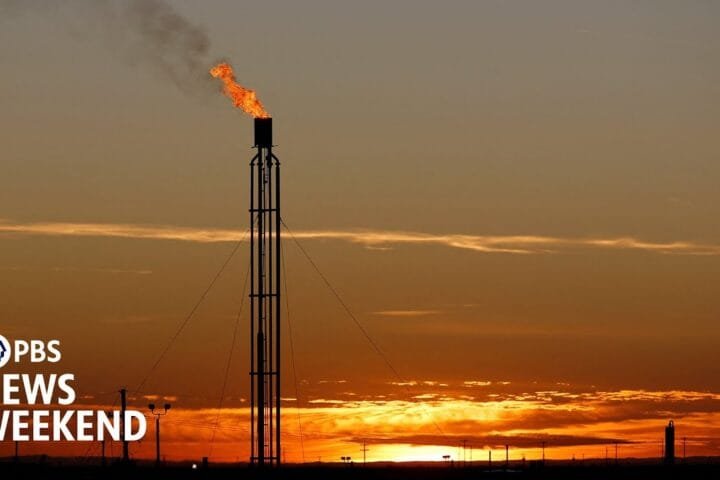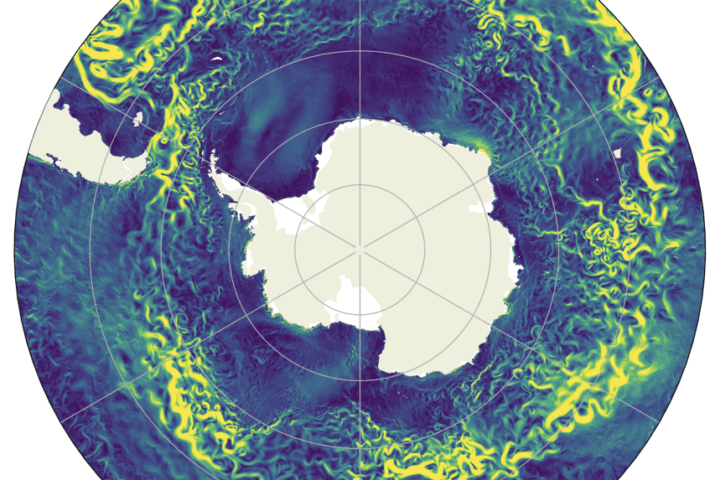Summary
Antarctic sea ice reached its maximum extent in 2024, marking the second lowest level in a record since 1979. As global sea ice remains near record lows, experts are investigating potential shifts in sea ice behavior due to climate change. The Arctic has also experienced significant ice loss, indicating ongoing trends of diminishing polar ice.
Highlights -❄️
- Record Low Sea Ice: Antarctic sea ice maximum extent is the second lowest on record.
- Global Trends: Global sea ice extent is tracking near record lows.
- Arctic Decline: The Arctic reached its seventh lowest summer minimum extent.
- Climate Indicators: Changes in sea ice behavior suggest significant climate shifts.
- Expert Analysis: Scientists are exploring the impacts of ocean warming on ice coverage.
- Satellite Monitoring: Continuous monitoring of polar ice is crucial for climate health assessments.
- Future Concerns: Ongoing research is needed to understand potential regime shifts in sea ice.
Antarctic sea ice has reached its maximum extent for the year, clocking in at the second lowest in a record stretching back to 1979, according to provisional data from the US National Snow and Ice Data Centre (NSIDC).
Over the past two years, Antarctic sea ice has been “way outside anything we have witnessed in our satellite record for their winter months”, an expert tells Carbon Brief.
Meanwhile, at the Earth’s other pole, the Arctic reached its summer minimum extent on 11 September, ranking as the seventh lowest on record, according to the NSIDC.
The organisation notes that “the last 18 years are the lowest 18 Arctic sea ice extents in the satellite record”.
The combination of below-average Arctic and Antarctic sea ice extents means that global sea ice extent has been at near-record lows over the past six months.
[...]
Read the full post at Carbon Brief.





